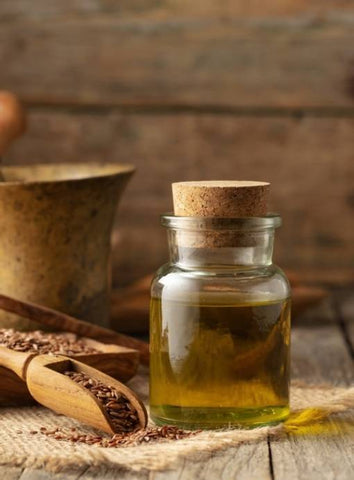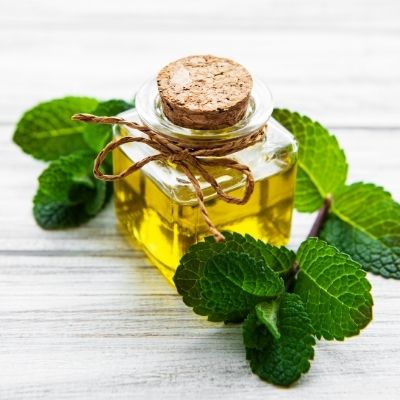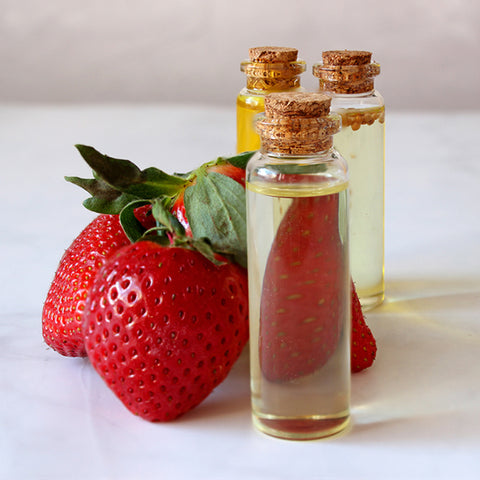Welcome to the world of flavor discovery! Whether you're a seasoned chef or a novice home cook. Flavor Oil for Cooking Purpose can elevate your culinary creations. In this beginner's guide, we'll dig into the world of flavor concentrates, with a particular emphasis on flavor oils.

This guide will empower you to infuse your foods with an explosion of exquisite flavors, from understanding the principles to selecting the proper oil and applying numerous techniques.
What Are Flavor Oils?
Flavor oils are concentrated liquid extracts derived from natural sources like fruits, herbs, or spices. Used in food and cosmetic products, they add specific tastes or scents. Popular in baking and crafting, these oils enhance and impart distinct flavors without altering the product's texture.
1. Understanding Flavor Oil
Flavor oils, precisely created extracts from natural or artificial sources, provide many culinary benefits. Aside from enhancing flavor profiles, they have the added benefit of being food-grade, ensuring their safety for eating. A wide range of flavors, from fruity to spicy, allows cooks to elevate foods artistically.

These oils are indispensable in creating signature dishes, providing a straightforward way to enhance complexity without sacrificing texture. Unlike essential oils, their culinary compatibility opens up a world of options for sweet and savory uses.
2. Choosing The Right Oil
Choosing the proper flavor oil is a delicate art that necessitates considering elements such as flavor intensity, dish compatibility, and heat stability. The variety of possibilities, from vanilla to almond or citrus oils, encourages exploration.

They harmonize with substances as essential components of flavor production, contributing to a nuanced and well-rounded taste experience. Beyond sweets, flavor oils can be found in savory dishes, where garlic, rosemary, or smoked versions can provide unique notes to marinades, sauces, or salads.
3. Enhancing Sweet Treats
Flavor oils shine as vital tools for boosting the richness of desserts in the world of sweet delicacies. Whether it's the luxury of caramel, the nuttiness of hazelnut, or the depth of chocolate, these oils transform everyday dishes into gourmet treats.
The concentration of tastes assures a powerful impact, allowing cooks to achieve a degree of refinement and distinctiveness in their confections.
4. Elevating Savory Dishes
Culinary experts understand the potential for flavor oils to transcend traditional limitations. They embrace innovation by experimenting with various combinations to create unique blends that appeal to specific tastes.

This approach extends beyond desserts and savory foods, including distinctive sauces, marinades, and beverages. The result is a personalized culinary experience representing the chef's creativity and flavor.
5. Experimentation And Creativity
Enter the domain of flavor experimentation to embrace the art of culinary alchemy. Let your imagination run wild in the kitchen, where the palette expands beyond traditional limitations. The diversity of flavor oils enables you to become a maestro, creating one-of-a-kind combinations that complement your taste preferences.
Mix and match these concentrated extracts to create signature sauces, marinades, or distinctive beverages. This creative research elevates your dishes and imprints a personal touch on your culinary creations, transforming each recipe into a representation of your distinct culinary character.
6. Application Techniques
The ability to master the application of flavor oils is critical to their optimal use. Gradual absorption, with tasting at each step, makes it easier to achieve the right balance. Droppers and other precision instruments aid in regulated dispensing, while dilution with neutral oils ensures more robust flavors do not overpower.

Layering and emulsifying techniques provide equal dispersion, allowing the oils to permeate the entire dish for maximum impact. In essence, flavor oils improve taste and allow cooks to push the limits of culinary creativity and personalization.
How Do I Use Flavor Oil?
The use of flavor oil is a simple procedure. When baking, cooking, or preparing beverages, gradually add the oil to enable the flavors to mingle. Include it into liquid components or directly into the dish, depending on the recipe. Remember that a little goes a long way, so avoid overdoing your designs.
What Are Some Popular Flavor Oil?
Classic flavors like vanilla, almond, and lemon are popular, as are more daring flavors like bacon, espresso, and butter. Experiment with various flavors depending on your culinary preferences and the nature of your recipes. The market has a wide variety, allowing you to personalize your choices to the exact tastes you wish to highlight.
How Much Flavor Oil Should I Use?
The amount of flavor oil you need depends on the strength of the extract and your taste preferences. Start with a small amount, such as a few drops, then gradually increase until the desired flavor is reached. Remember that it's easier to add more than it is to remove an overpowering flavor, so proceed with caution while experimenting.
Conclusion
Incorporate flavor-transforming flavor oils into your culinary arsenal to embark on a delectable trip. With a thorough understanding of these concentrates, the ability to select the appropriate lubricant, and innovative application techniques, you'll be able to open a world of culinary possibilities. Experiment, find your favorite combinations, and take sweet and savory foods to new heights. Accept the art of flavor, and allow your culinary masterpieces to create an indelible impression on every palate.












 Sign in
Sign in Register now
Register now My Reward Points
My Reward Points









